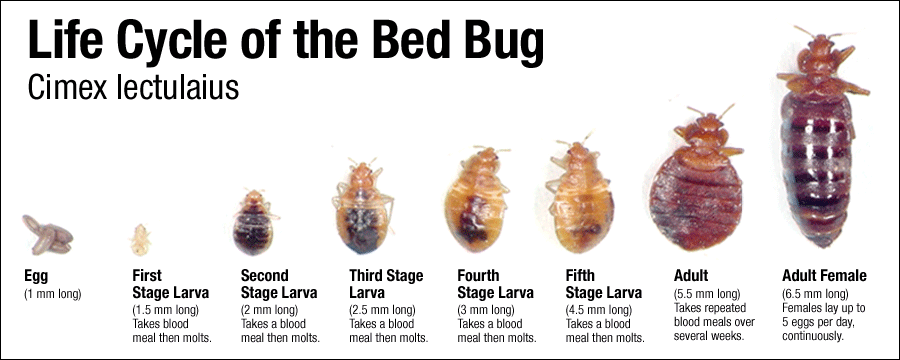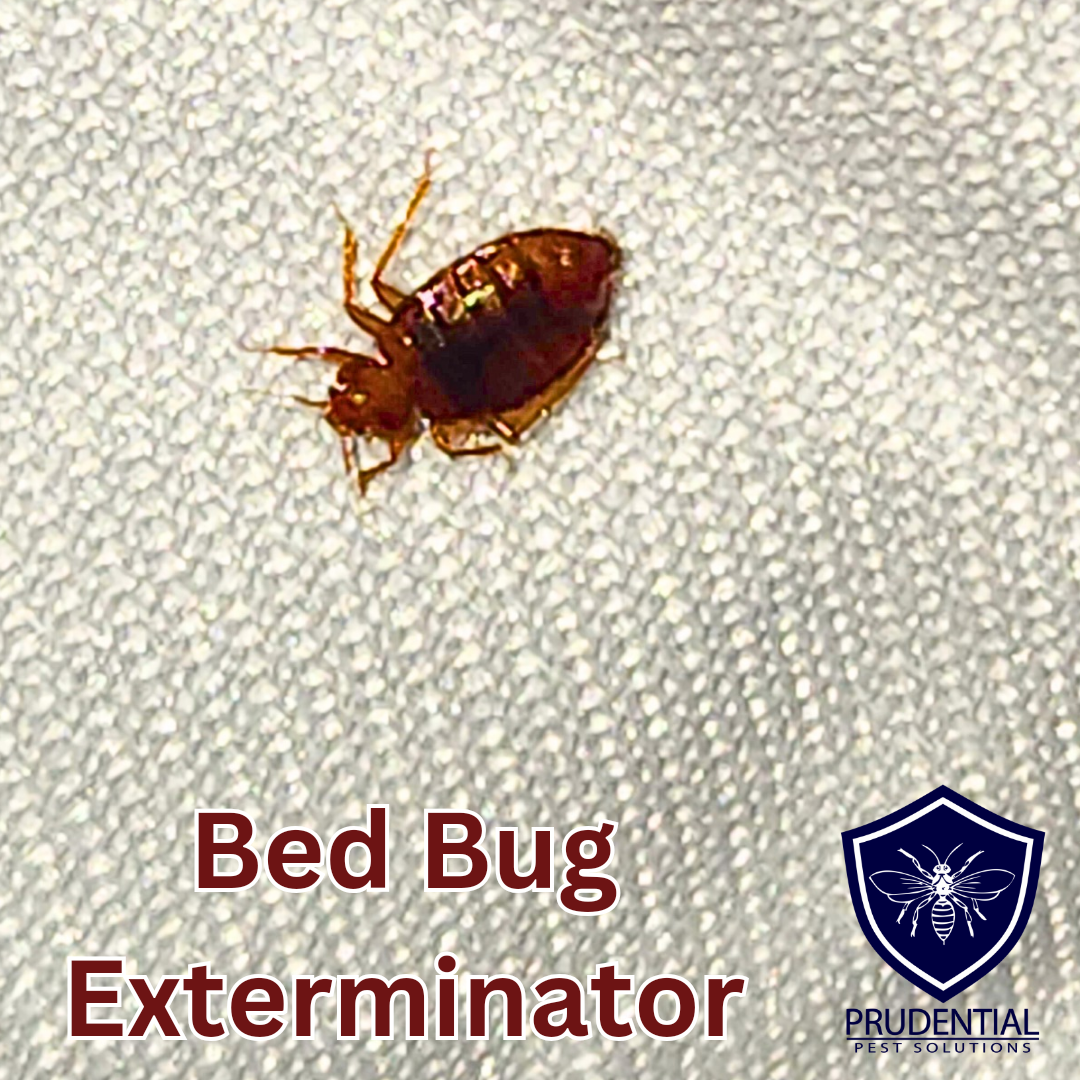Affordable Arlington Exterminator Services to Eliminate Pests Fast
Obtain Educated Regarding the Kinds Of Parasite Control Techniques and Their Advantages for Home Owners
Comprehending the various parasite control approaches offered to homeowners is vital for effective pest management. From chemical and organic methods to cultural and mechanical techniques, each technique offers unique advantages that can dramatically influence both health and wellness and environmental security. Property owners who are well-informed can make strategic choices that not only address pest concerns however likewise boost the general top quality of their living setting. As we explore these methods better, it becomes clear that the decision-making procedure involves greater than simply prompt outcomes; it discuss lasting sustainability and well-being. What factors should affect these crucial decisions?
Chemical Parasite Control Approaches
Chemical pest control approaches are a critical part of integrated parasite management strategies for property owners looking for reliable solutions to pest infestations. These techniques include the application of chemical substances developed to get rid of or discourage insects that endanger individual residential or commercial property, wellness, and comfort. Common chemicals utilized include insecticides, rodenticides, herbicides, and fungicides, each tailored to target particular bugs.
The primary benefit of chemical parasite control is its rapid efficiency; several solutions offer immediate outcomes, minimizing pest populaces considerably in a brief time. In addition, advancements in chemical formulations have actually brought about products that are more eco-friendly and have reduced toxicity degrees for non-target microorganisms when applied properly.

Biological Pest Control Strategies
All-natural bug control methods have obtained importance as property owners seek much safer and much more sustainable options to standard chemical techniques. Organic pest control techniques make use of natural predators, parasites, or pathogens to handle pest populations properly. This method is not just eco-friendly but also decreases the risk of injury to non-target varieties, including valuable insects and wildlife.
Among the most common organic control approaches involves presenting natural predators right into the environment. For instance, ladybugs can be utilized to control aphid populaces, while nematodes target soil-dwelling bugs like grubs. In addition, parasitoids-- microorganisms that survive or within a host-- can be used to control details parasite species by laying eggs inside them, eventually resulting in their demise.
One more technique is the use of biopesticides, which are stemmed from all-natural materials such as germs, minerals, or plants (bed bug exterminator). These products can properly target pests while presenting very little risk to human beings and family pets. Generally, organic pest control methods give homeowners with an effective methods of insect administration that aligns with environmental principles, promoting a much healthier living setting while minimizing reliance on synthetic chemicals
Mechanical Insect Control Approaches
Mechanical bug control strategies include a range of techniques that literally prevent or get rid of insects without making use of chemicals. These strategies are especially beneficial for house owners seeking ecologically pleasant choices while making certain the security of their space.
One common technique is the usage of obstacles, such as internet, catches, and displays, which avoid pests from getting in homes or certain locations. Setting up window screens can effectively maintain bugs out, while utilizing physical barriers around gardens can prevent bigger bugs like deer or bunnies. Additionally, mechanical catches designed for rats can capture and get rid of these parasites without the requirement for hazardous compounds.
Another effective strategy includes making use of vacuum cleaners and mops to eliminate bugs straight from surfaces. Regular cleansing and maintenance can substantially minimize parasite populaces by eliminating food resources and hiding areas. Using gadgets like ultrasonic parasite repellents can prevent different insects via sound waves that are undesirable to them yet faint to people.
Social Bug Control Practices
Social bug control methods concentrate on changing the atmosphere and management techniques to develop conditions that are less for pest see it here infestations. These practices Web Site are basic in keeping a well balanced community and decreasing the reliance on chemical treatments. By altering agricultural techniques, homeowners can properly hinder bugs while promoting plant wellness.
One typical method consists of plant rotation, which disrupts the life cycles of pests by transforming the sorts of plants expanded in a details location (bed bug exterminator). This not just lessens pest populaces yet additionally improves dirt health and wellness. Furthermore, intercropping-- growing varied plants in distance-- can puzzle insects and reduce their capacity to situate their preferred host plants
Water administration is one more important aspect of social practices. Appropriate irrigation techniques can stop standing water, which functions as a breeding place for mosquitoes and other parasites. Furthermore, keeping cleanliness around the home, such as consistently getting rid of particles and food waste, can dramatically lower insect destination.
Incorporating these social practices into a thorough pest monitoring method enables homeowners to produce a setting that naturally discourages bugs, thus boosting the effectiveness of various other control methods while promoting sustainable horticulture and landscape design.

Integrated Pest Management Approaches
Integrated Pest Management (IPM) represents an all natural technique that incorporates numerous methods to properly take care of pest populations while minimizing ecological influence. This methodology integrates organic, cultural, physical, and chemical methods to accomplish lasting parasite control. By evaluating pest populaces and their all-natural opponents, IPM highlights tracking and determining pests before executing control measures.
One of the core concepts of IPM is making use of thresholds, which establish the degree of bug activity that requires treatment. This ensures that therapies are applied only when needed, lowering the dependence on chemical pesticides. Biological control approaches, such as introducing natural predators or bloodsuckers, operate in conjunction with social techniques best site like crop turning and habitat adjustment to interfere with pest life cycles.
Moreover, IPM urges using least-toxic chemical alternatives when treatment is needed, prioritizing products that position marginal threat to non-target microorganisms and the atmosphere. For property owners, taking on IPM approaches not only boosts the effectiveness of parasite administration but additionally promotes a healthier living setting, promoting biodiversity and minimizing chemical direct exposure. Ultimately, IPM empowers homeowners to make enlightened decisions that stabilize parasite control with environmental obligation.
Final Thought
In final thought, comprehending the various parasite control approaches equips property owners to make enlightened choices pertaining to pest administration. Each approach-- chemical, organic, mechanical, social, and integrated insect monitoring-- supplies unique benefits that provide to various needs and preferences.
Recognizing the various insect control methods readily available to homeowners is essential for reliable pest administration.Chemical pest control techniques are a vital component of incorporated pest management strategies for homeowners seeking effective solutions to pest infestations. In general, biological pest control techniques supply home owners with an efficient methods of bug management that lines up with ecological principles, advertising a healthier living atmosphere while lowering reliance on synthetic chemicals.
Social insect control practices focus on changing the environment and administration methods to develop conditions that are less helpful to pest infestations.In verdict, comprehending the numerous parasite control approaches empowers homeowners to make enlightened choices regarding pest administration.